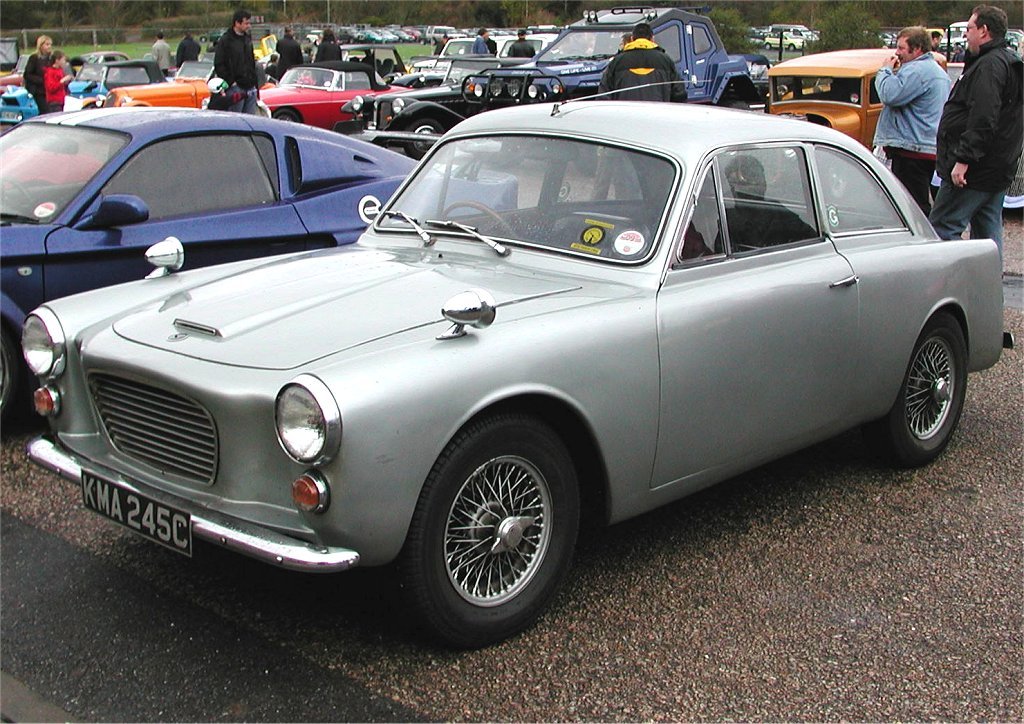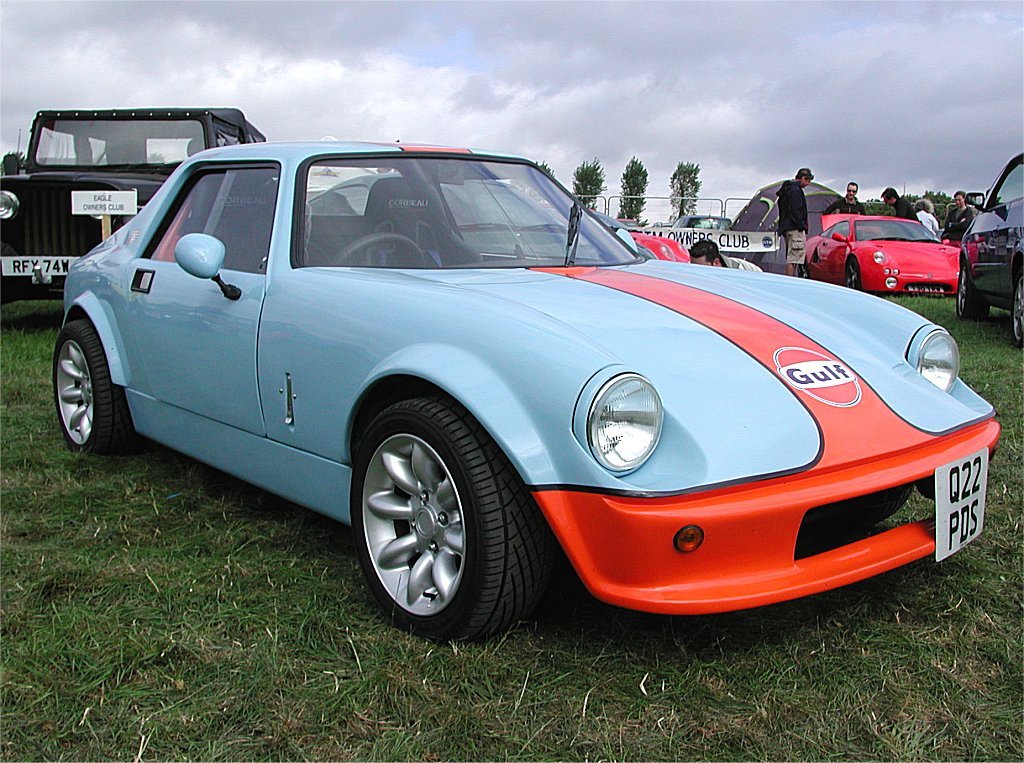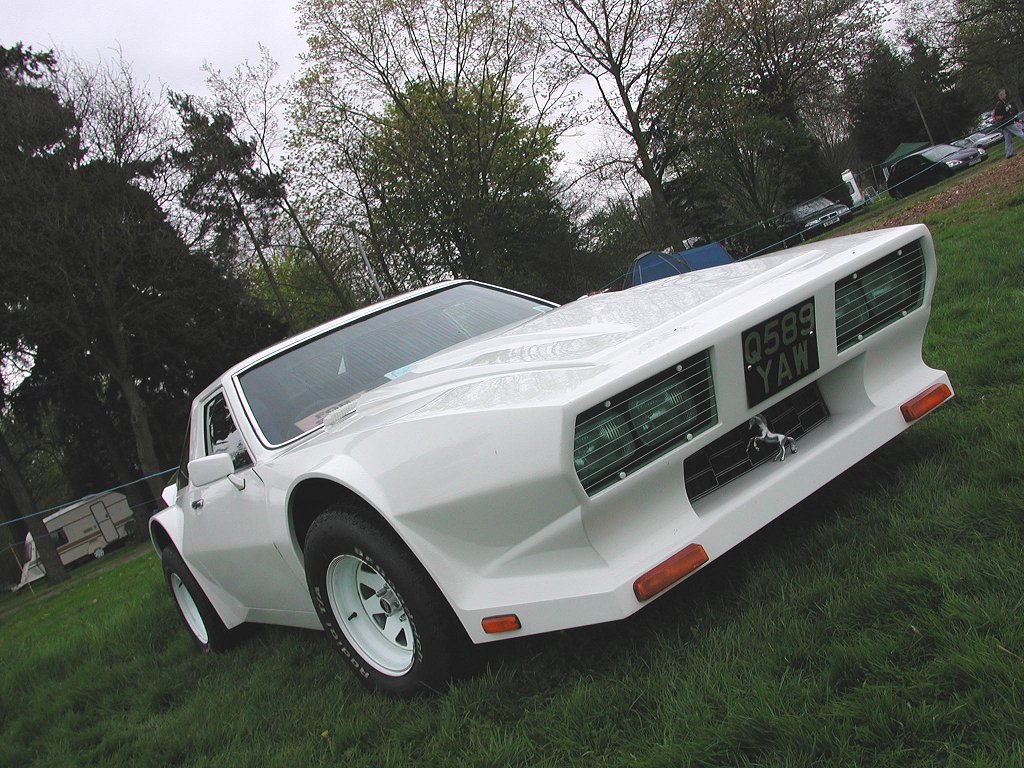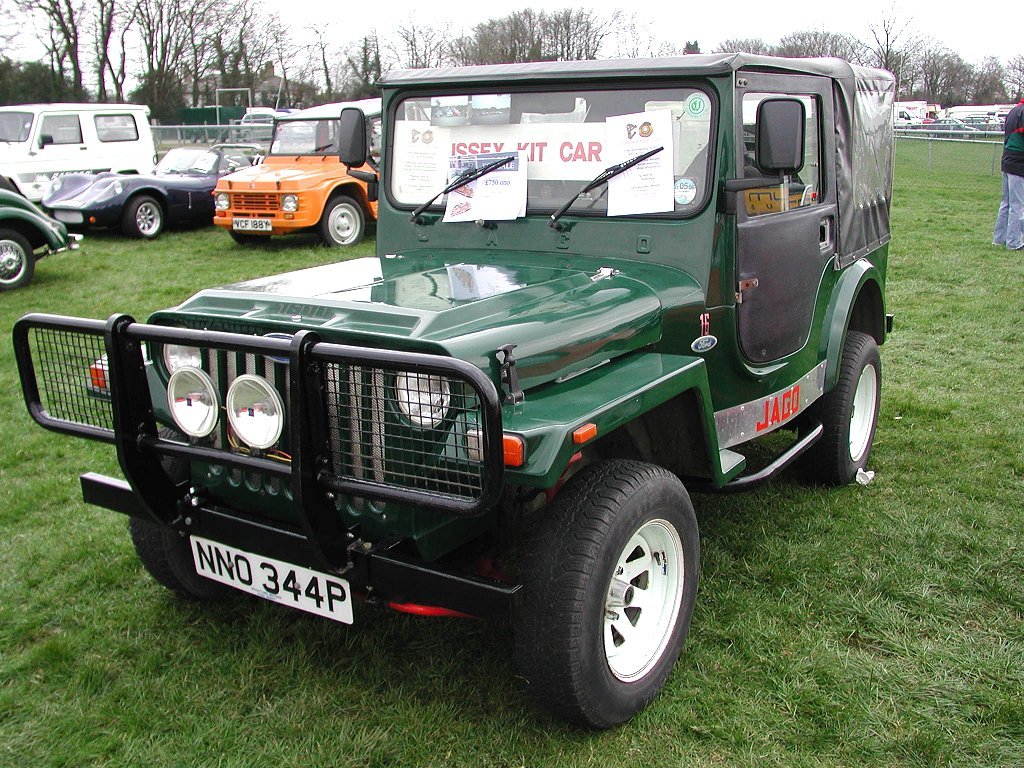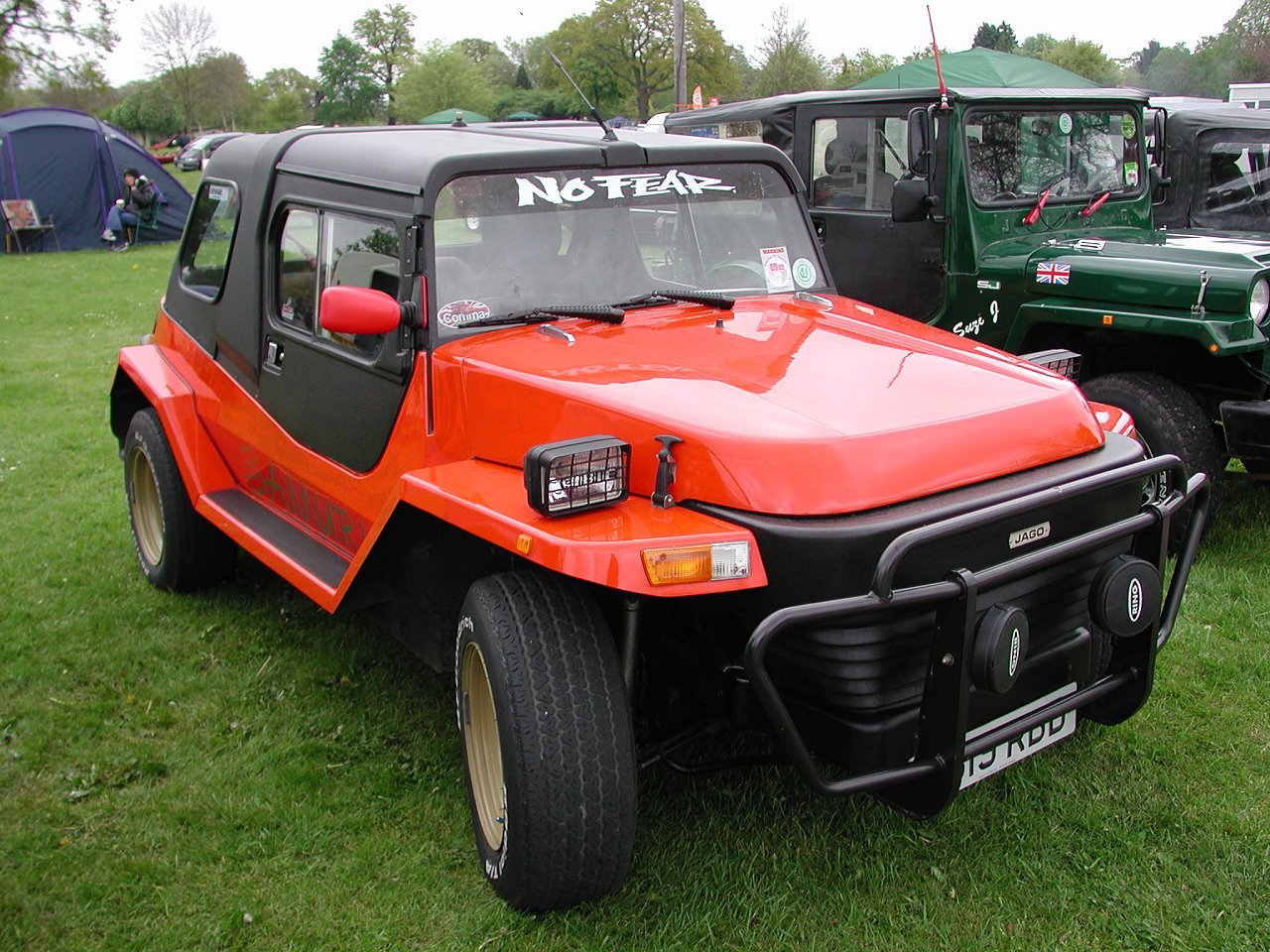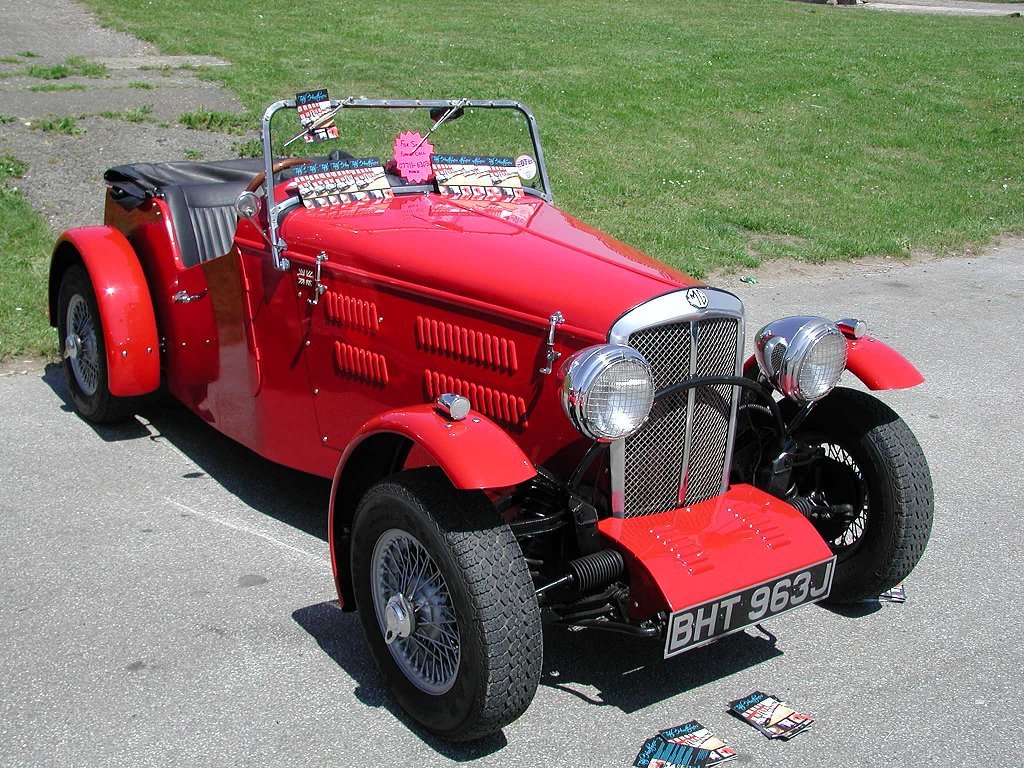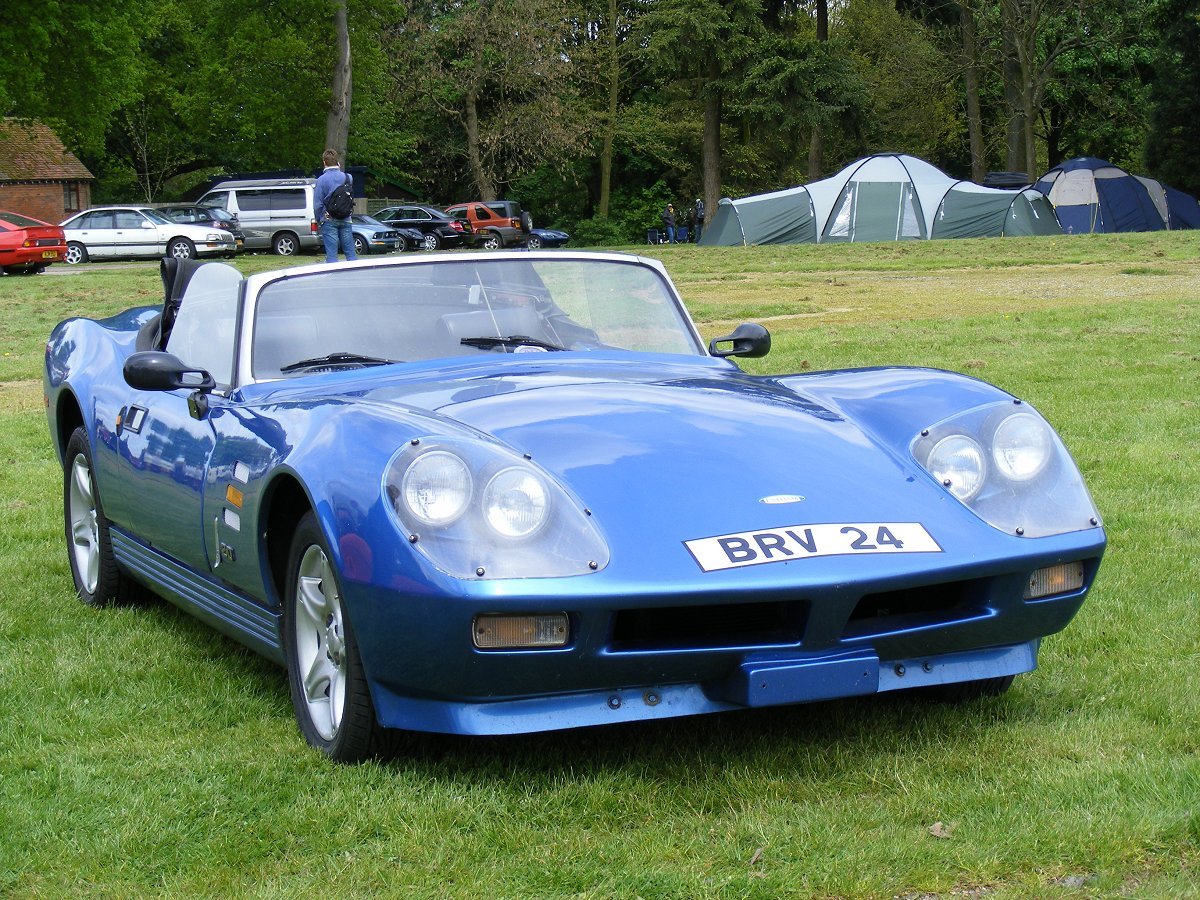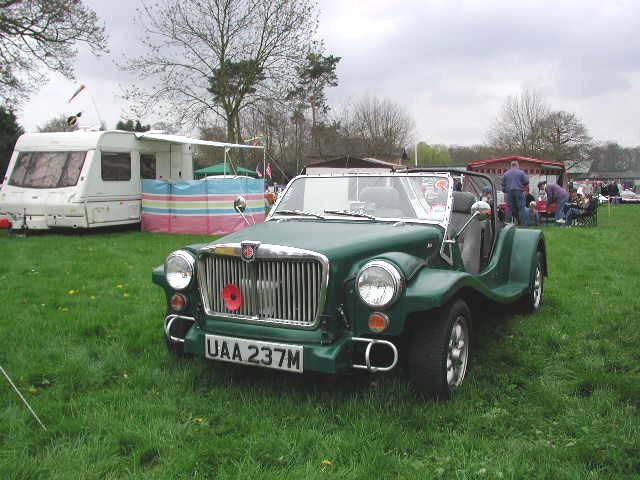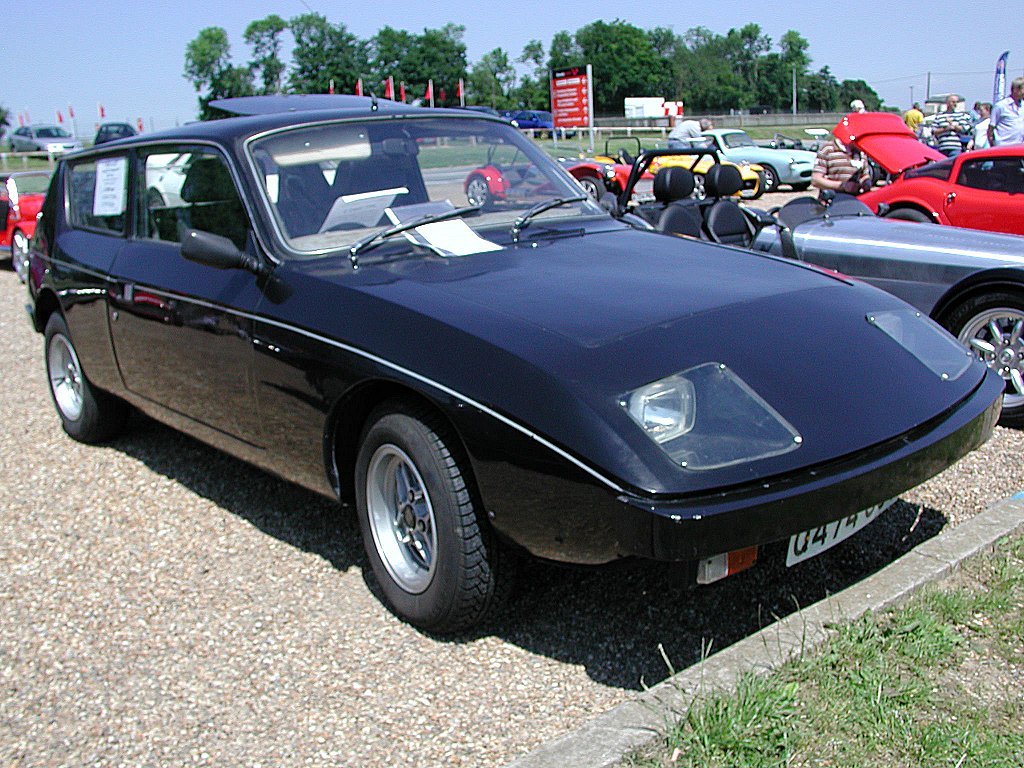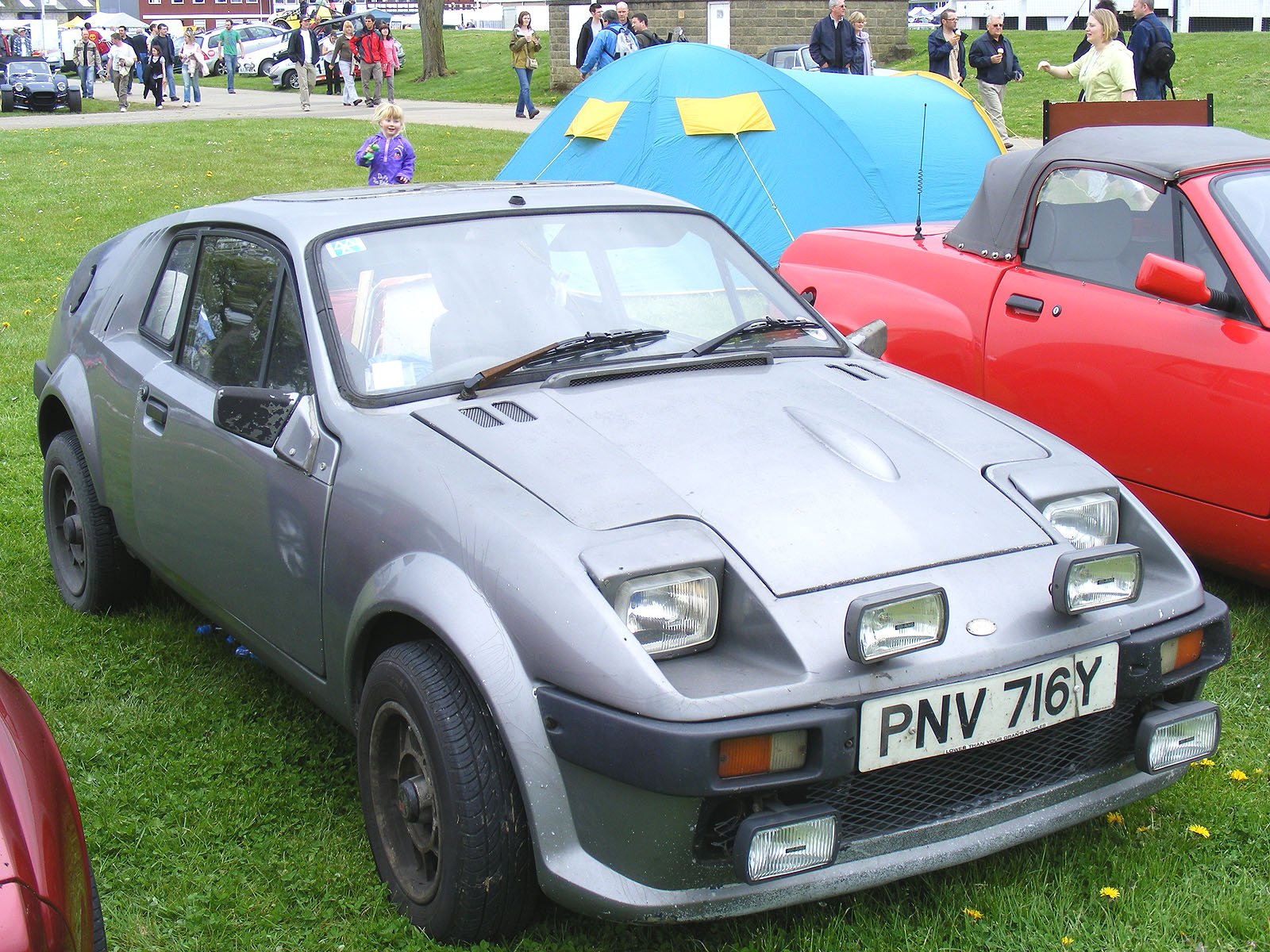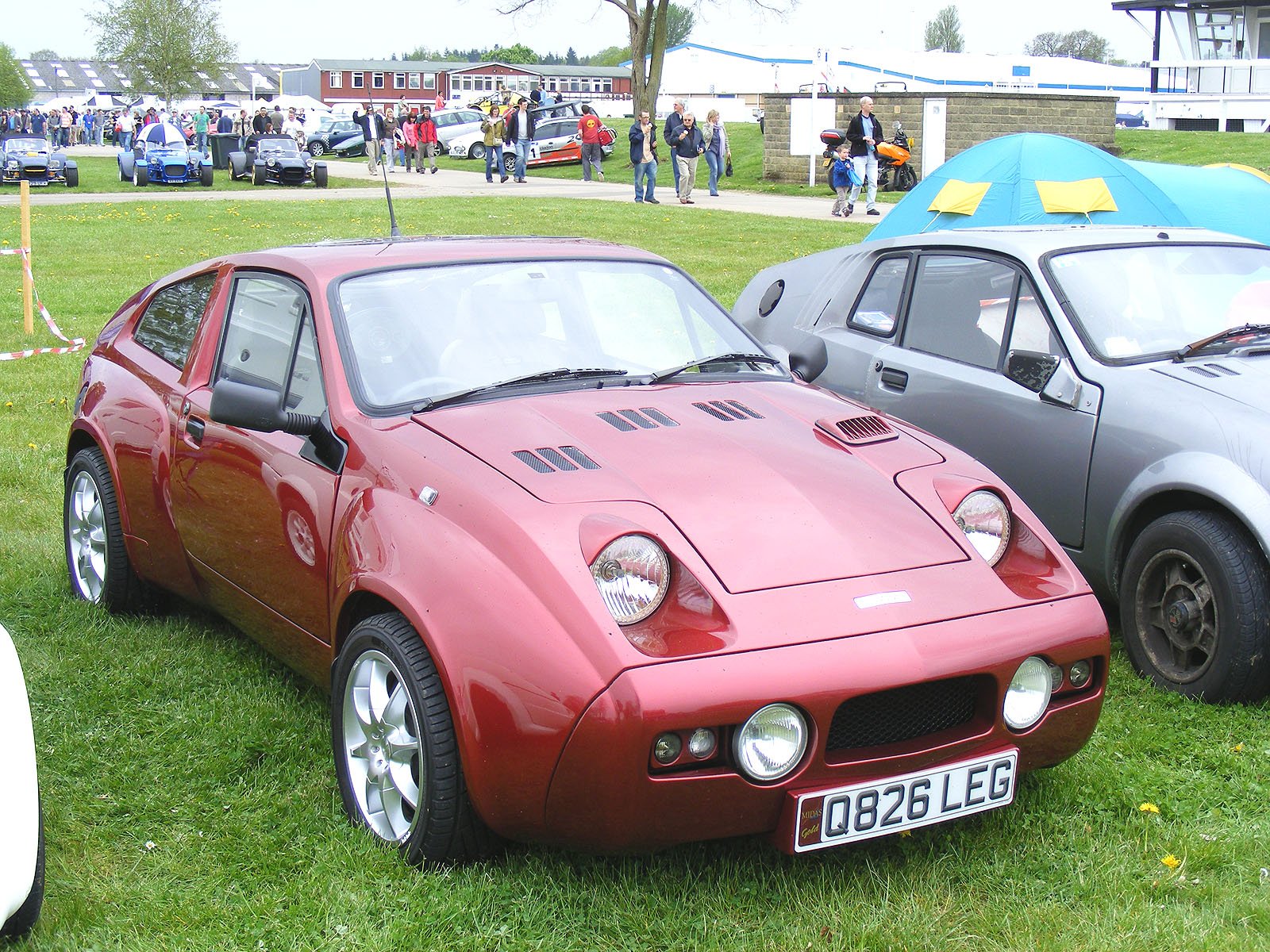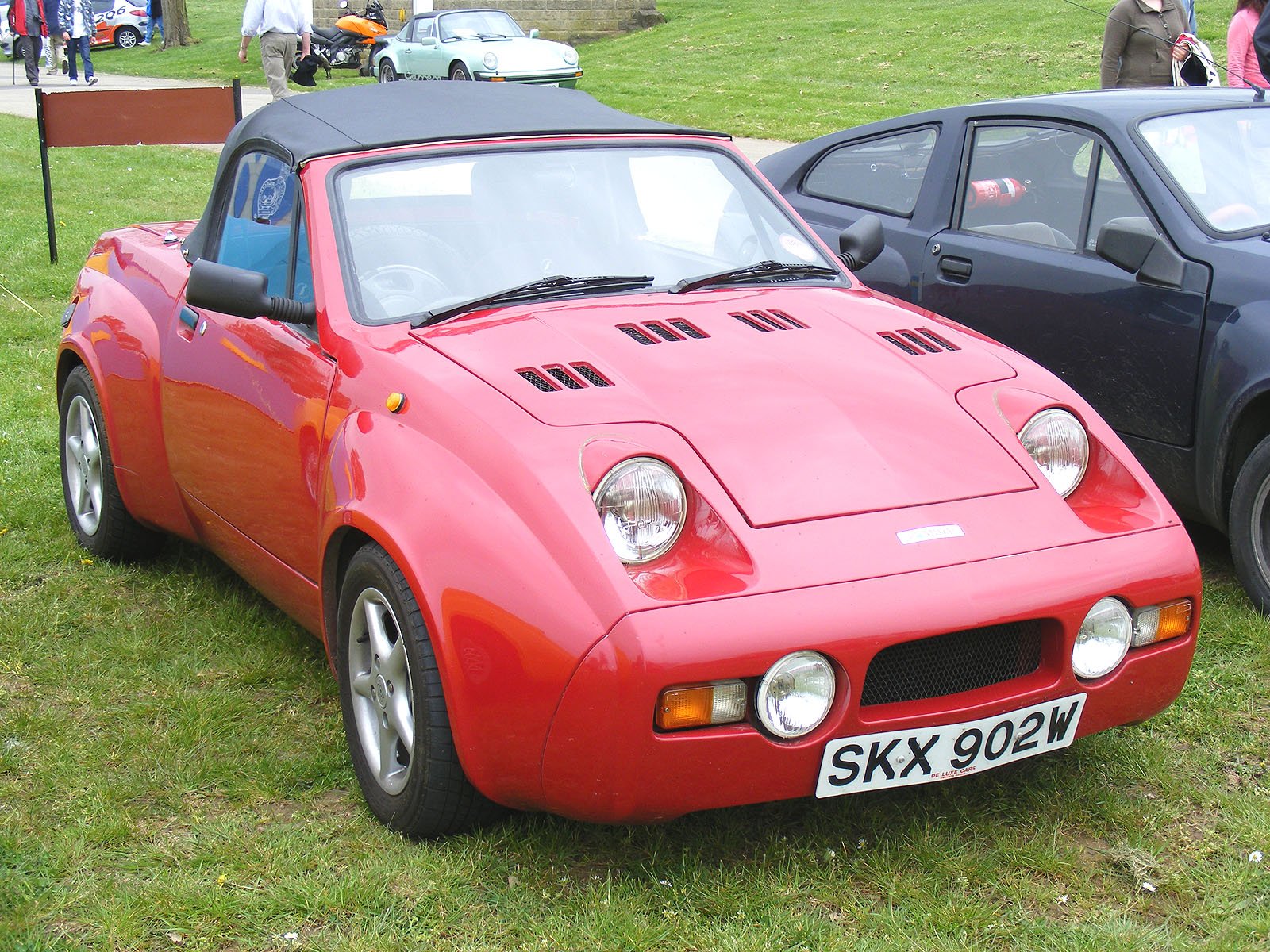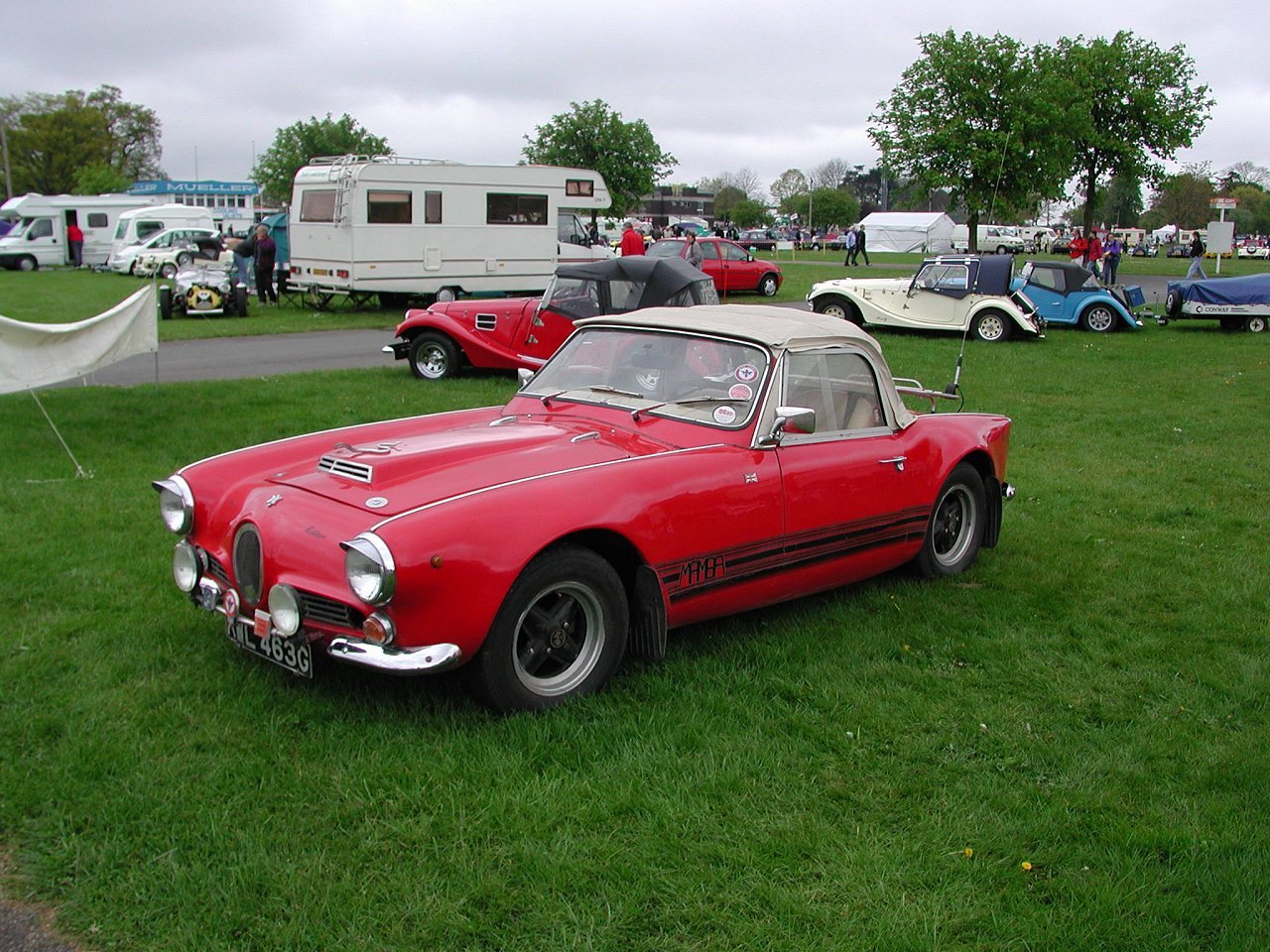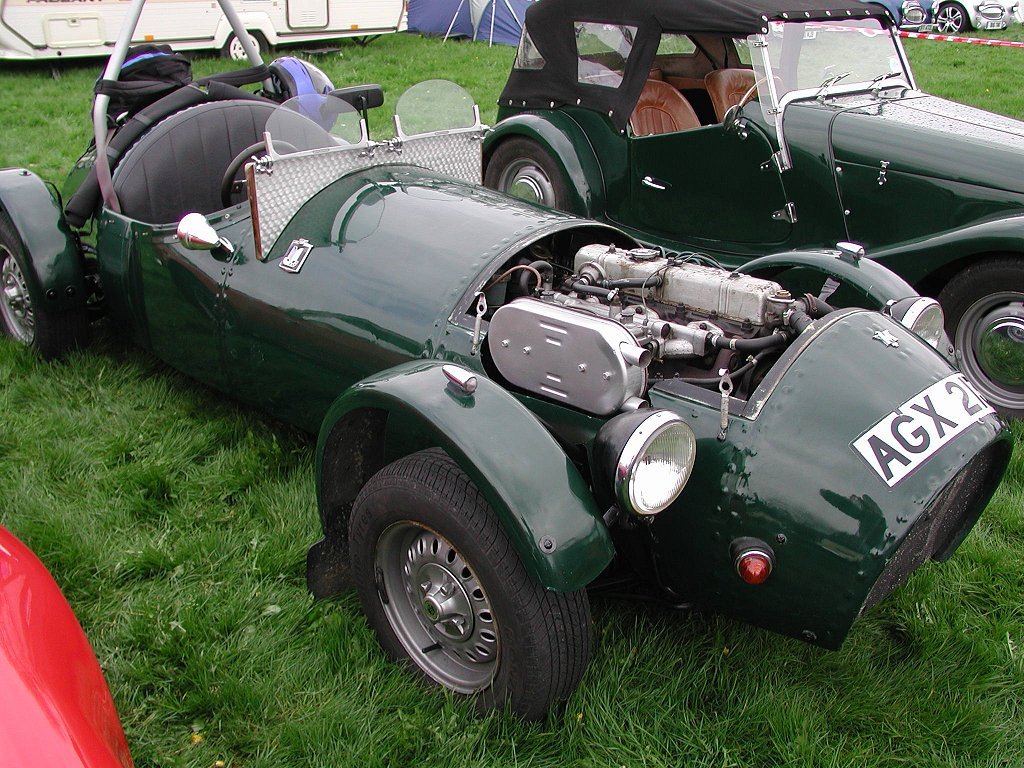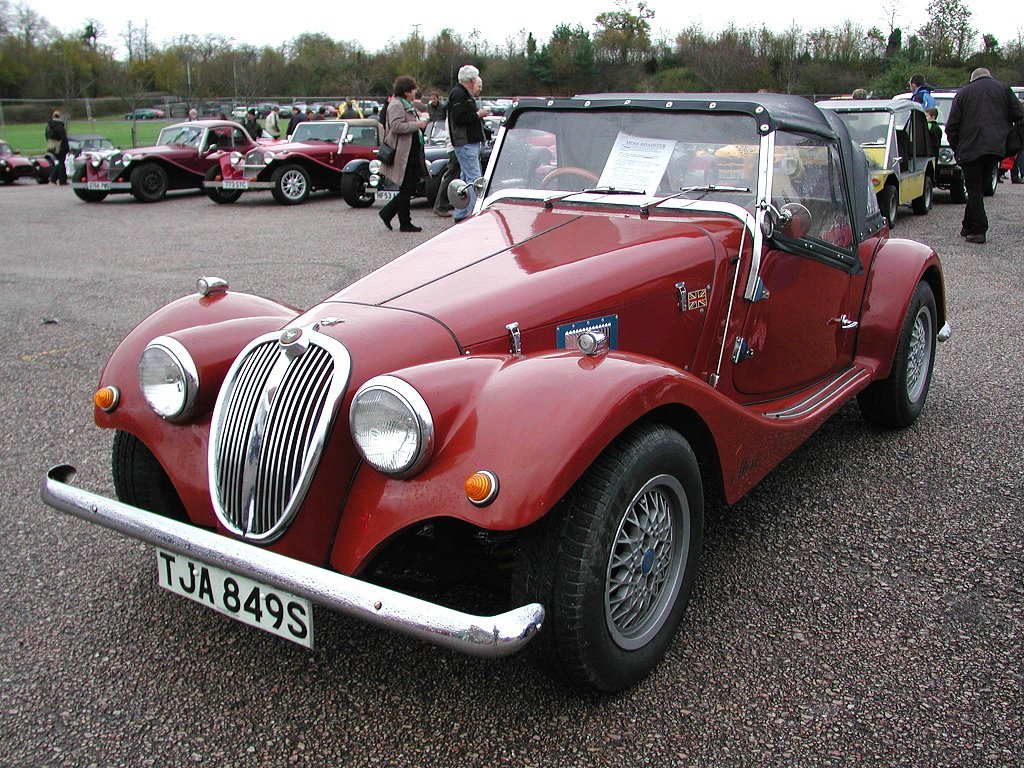A-Z of Classic Kit Car Manufacturers
Gilbern Sports Cars Ltd was founded by Giles Smith and Bernard Friese (hence GILBERN) in Wales between 1959 and 1973 starting with the Gilbern GT and later producing 4 different models (plus an estate car) up until it ceased trading in 1973. The GT is included here as it was offered in component form for £948 to avoid Purchase Tax. Production of the GT ceased in 1966.
Ginetta has an extremely long history within the kit car industry spanning back to as early as 1958 with the introduction of the Lotus Six inspired G2 (the G1 was their first ever car but was never in production as it was said to be destroyed). The company was started by the by the Walklett brothers, Ivor, Trevers, Douglas and Bob and continued with varying success through the decades and is currently still in business selling the G20 although Ginetta Cars are now under the banner of LNT Automotive.
GTM has been a long established and well respected kit car manufacturer. Founded in 1967 by Brian Cox in Cheshire the first car was the Cox GTM, which stood for Grand Touring Mini. After an initial stutter of the business due to a compulsary purchase of the factory, GTM has been in production ever since at it's Sutton Bonnington base. To further cement GTM's future it has just recently (2007) joined the Potenza sports cars group.
Hensen Automotive was founded by Hugo Hensen in the early 1980's. Production was for the Granada based Hensen M30 and M70. Various attempts were made during the 80's and early 90's to boost production but the cars had limited appeal and ultimately not enough were sold and production ceased.
Jago was introduced to the kit car scene in the early 1970s with the incredibly popular Willys Jeep replica and this is what the company will be best remembered for although the company was actually started in the 1960s by Geoff Jago making Model T and B hot rods.
The Jeep though was the mainstay of the Jago company which enabled it to trade for so long and gain such popularity to have sales recorded in the thousands. The Jeep was constantly upgraded over the years to keep up with current donor cars which enabled it a good 20 year life span.
Jago stopped producing the hot rods in the mid 1980s but introduced an new utility vehicle called the Samuri to a mixed reception. The company produced the Jeep well into the 1990s, later renaming it the Sandero using updated Ford components. The late 1990's saw Jago stop trading as a kit car manufacturer and sold on the rights to produce the Jeep.
As with a fair number of kit car makers of this era, George Jeffrey started his career building racing specials with the Jeffrey J1 in the late 1960s. Customer demand meant that a road going version would eventually be delivered in 1971 known as the Jeffrey J4. This kicked started demand for his products and a move to new premises in Oxfordshire soon followed. However, racing was George Jeffreys thing so production of road going cars came to a halt with the Jeffrey J5 in 1972 so that he could concentrate on racing. Production numbers are believed to be around 60 for both models.
Jem Developments Ltd was the first company behind the Mini Jem, an offshoot of the Mini Dart by Dizzy Addicott which also bore the more successful Mini Marcos. Further companies took over the development of the Mini Jem during the period of production between 1967 to 1976.
Lightspeed Panels came to the kit car scene in 1972 with the announcement of their sports tourer car the Magenta. Hailing from Whitby Yorkshire the company had been working for 18 months to get the car ready for launch. The company did extremely well with it and the Magenta became a great seller over the years and the company made several improvements to come up with slightly different versions of it. They also were amongst the first to try their hand at producing a family orientated hatchback in the Tarragon but ultimately the appeal of the cars couldn't keep pace with customer expectations and the company disappeared in the mid 80's
Marcos Cars Ltd started life in 1959. The company has come and gone over the years but is still trading with the TSO model in Kenilworth Warwickshire and previously in Westbury Wiltshire.
The name Marcos is derived from the first 3 letters of each of the company founders Jem Marsh and Frank Costin.
Early cars were of wooden chassis/body construction which carried on through to the Marcos 1800 and Marcos 3 litre. Marcos has always maintained a healthy racing pedigree and was a starting point for many household racing names such as Jackie Stewart and Derek Bell.
Marlin Cars are one of the longest serving kit car manufacturers in the UK. Their ability to read the market and innovate has meant that they are still trading today some 30 years after their inception. Founder Paul Moorhouse started the company in Plymouth with the Marlin Roadster, innovative for it's use of the windscreen surround as the cars roll bar thus ensuring the lines of the car were not compromised. Currently trading in Crediton Devon Marlin have moved with the times and passed on older models and developed new models for the modern day kit car enthusiast in the shape of the 5exi and BMW powered Sportster.
Midas started life in 1978 with the Midas Mk1, a design by Richard Oakes, infamous designer in the kit car scene (and currently runs Blackjack cars with his avion and zero 3 wheelers). Harold Dermott was the man behind Midas and responsible for introducing a new level of manufacture as the Midas cars where constructed with a fibre glass monocoque, going against conventional steel chassis and unstressed fibre glass bodywork. Midas introduced several models over the years, basically updating the Mk1 as time went on, ending up with the Metro based Midas Gold and Convertible. Midas went into liquidation in 1989 following a fire at their Corby premises. Midas vehicles are currently (2008) being offered by Alternative Cars of Oxford. See www.madabout-kitcars.com for details.
The Moss Motor Company was started in 1982 by John Cowperthwaite in Sheffield. The next few years saw the introduction of the Malvern, Roadster, Mamba and Monaco. Production was brought to an abrupt end in 1985 when a factory fire destroyed much of what had gone before including some moulds. The rights to the designs and remaining moulds were sold to Hampshire Classics in 1986 and then sold again to some members of the Moss owners club in 1987.


